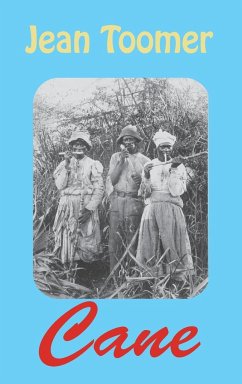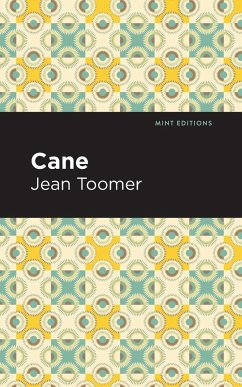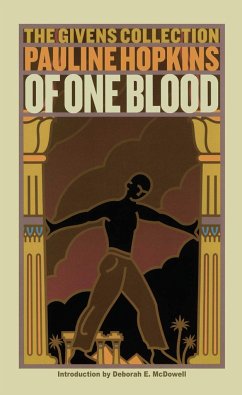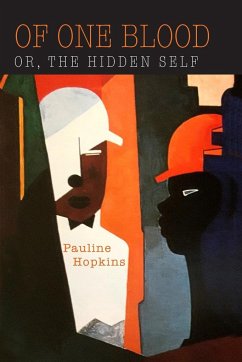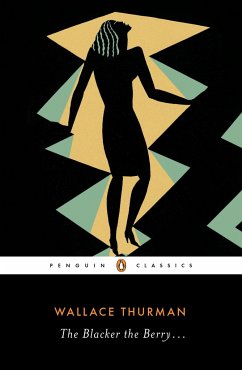
Cane (Warbler Classics)
Versandkostenfrei!
Versandfertig in 1-2 Wochen
12,99 €
inkl. MwSt.

PAYBACK Punkte
6 °P sammeln!
First published in 1923, Cane is a significant work of Modernist fiction and a literary Goliath of the Harlem Renaissance. In this wholly original novel Jean Toomer highlights issues of class and caste in a three-part pastiche of poems, vignettes, and play-like stories. The audacious, non-traditional structure of the book reflects the prismatic nature of the material itself. Toomer's close observations during a stint as school principal in Sparta, Georgia, primarily informed what Houston A. Baker, Jr. calls a "mysterious brand of Southern psychological realism that has been matched only in the...
First published in 1923, Cane is a significant work of Modernist fiction and a literary Goliath of the Harlem Renaissance. In this wholly original novel Jean Toomer highlights issues of class and caste in a three-part pastiche of poems, vignettes, and play-like stories. The audacious, non-traditional structure of the book reflects the prismatic nature of the material itself. Toomer's close observations during a stint as school principal in Sparta, Georgia, primarily informed what Houston A. Baker, Jr. calls a "mysterious brand of Southern psychological realism that has been matched only in the best work of William Faulkner." This edition includes Jean Toomer's essay, "The Crock of Problems," in which the author discusses race in America and his own diverse ethnic heritage, and an extensive biographical note.






